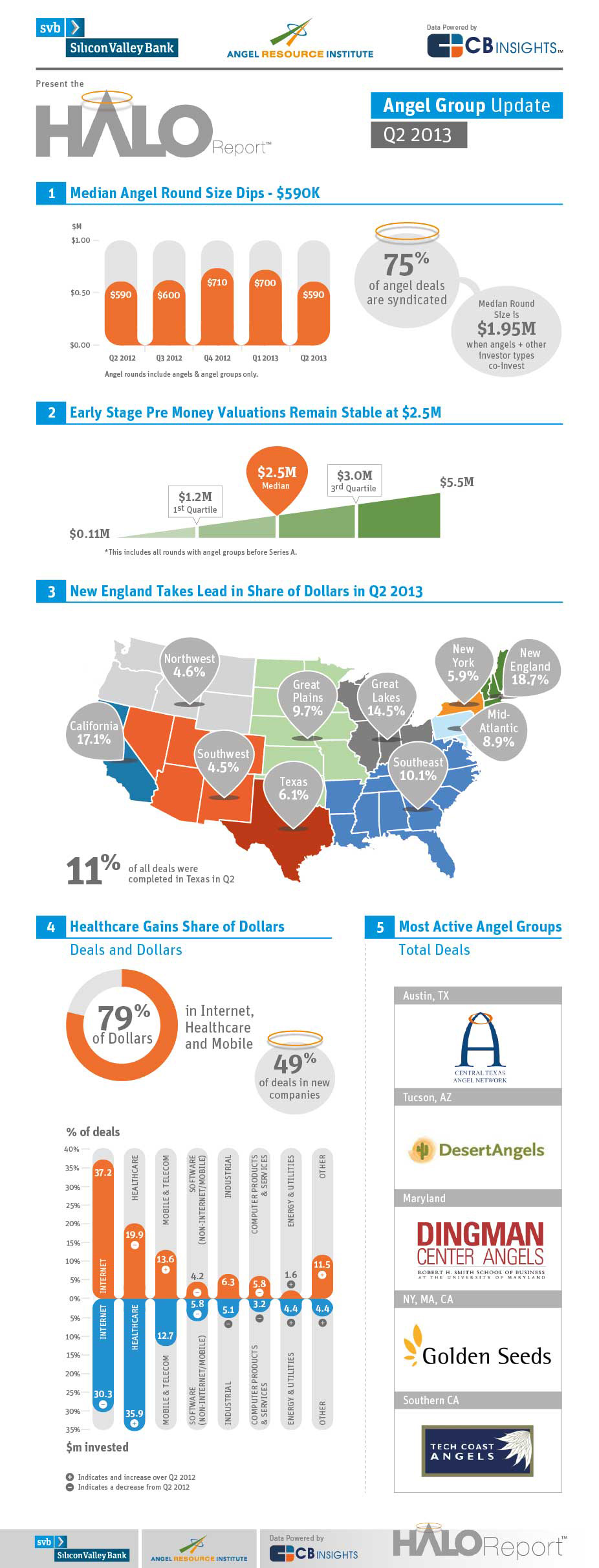There has been a little talk about the growth of Atlanta startup blogs. It is fantastic, here are my current favs. The not so fantastic is that a number of people that are blogging about startups in Atlanta are just flat out doing it wrong.
Consider me a savior.
Here are ten ways you get people to read your junk.
1. Sell your bootstrapped company for $95 million, buy a building to turn into a tech hub, and then start an accelerator with $120k in funding guaranteed to accepted startups. Not going to happen for most of you. Does not count as one of the ten. Proceed to number 2.
2. Say smart opinionated things. If you can’t do this one thing you should not proceed to number 3.
3. Lurk on other blogs until you understand the community. If there is no community help start it. The site owner will be forever in your debt. Comment. It builds links and
drives traffic back to your own blog.
4. Take a stance. Tell people they are wrong. Stop the rah rah. Focus on what matters. Don’t ask for
discussion, provoke discussion.
5. Seed Hacker News. They will let you know when you go too far. Trust me on this one. The stuff you write is not worthy of Hacker News? Return to number 2 above.
6. Find SEO voids and exploit them. What the heck am I talking about? Google what is a technology startup. That FoG SERP has been sitting there for about four years now. I have a few dozen others that send me consistent traffic regardless of my recent activity. Always fill a void. Good general rule.
7. Give link love. You will get it back.
8. Time. It takes years to build traffic to a blog. Unless it is not really a blog but an online media outlet. Or you sell your bootstrapped company for $95 million, buy a building to turn into a tech hub, and then start an accelerator with $120k in funding guaranteed to accepted startups. Money changes everything.
9. Be consistent. Set a schedule and try to stick to it. Keep your posts on topic(s). It helps
your community know what to expect.
10. Back to the comment thing. Allow comments. If you don’t allow comments it is not a blog. It is just a CMS. If someone in your organization is too stupid to understand that a blog without comments is not a blog and just a CMS you should leave and find someplace to work where management has a clue. Either that or go into the wading pool with moderated comments then jump in the deep end when the parents go to the snack bar to get a beer.
11. Be a person. Blog posts are written by people.
That is kinda it. It is great to see all of the startup blog activity in Atlanta. Outside of the tactical errors the only thing that is missing is someone writing from a full-time investor point of view. It will be interesting to see who picks up that rock.
Last tip. Keep your posts short, this
one is too long. Later.


